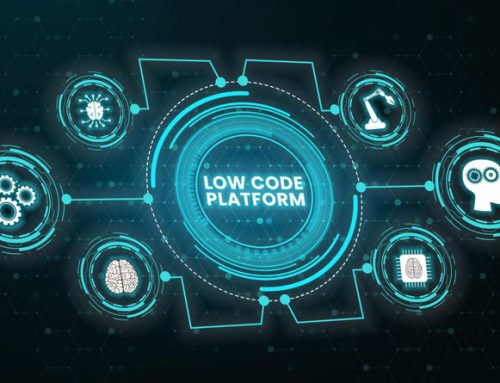Introduction
In today’s fast-paced and information-driven world, organizations must continuously adapt and evolve to stay competitive. One of the critical factors for success is the effective management and utilization of knowledge within the organization. A well-designed and re-energized knowledge programme can be a game-changer, fostering innovation, improving decision-making, and enhancing overall productivity. This article explores the essential steps involved in designing and re-energizing a knowledge programme to harness the full potential of an organization’s intellectual assets.
Assessing Existing Knowledge Assets
Before embarking on any changes, it is essential to conduct a thorough assessment of the organization’s existing knowledge assets. This includes identifying the sources of knowledge, such as internal documents, databases, expert personnel, and external resources. Understanding the strengths and weaknesses of the current knowledge programme will help in formulating an effective strategy for improvement.
Defining Objectives and Scope
Clearly defining the objectives and scope of the knowledge programme is crucial for its success. Organizations must identify the specific goals they want to achieve through the programme. These goals could include enhancing employee skills, fostering innovation, improving customer service, or optimizing internal processes. A well-defined scope ensures that the programme remains focused and aligned with the organization’s strategic priorities.
Cultivating a Knowledge Sharing Culture
A successful knowledge programme relies on a culture of knowledge sharing within the organization. This involves promoting open communication, collaboration, and the recognition of knowledge-sharing efforts. Encouraging employees to share their expertise, experiences, and best practices will create a rich knowledge-sharing environment that benefits everyone involved.
Leveraging Technology
Technology plays a pivotal role in designing and re-energizing a knowledge programme. Implementing knowledge management systems, collaboration platforms, and learning management systems can facilitate seamless sharing and access to information. AI-powered tools can help organize and categorize vast amounts of data, making knowledge retrieval faster and more efficient.
Identifying Knowledge Champions
Knowledge champions are individuals within the organization who are passionate about knowledge sharing and management. They act as advocates for the knowledge programme, motivating others to participate and contribute. Identifying and empowering these champions can significantly boost the success of the programme.
Creating Engaging Learning Opportunities
Learning and development are integral parts of any knowledge programme. Offering diverse and engaging learning opportunities, such as workshops, webinars, mentorship programs, and online courses, will keep employees motivated to acquire and share knowledge. Personalized learning paths catered to individual interests and career goals can further enhance engagement.
Establishing Knowledge Metrics
To measure the effectiveness of the knowledge programme, it is essential to establish relevant metrics. Metrics could include the number of knowledge-sharing sessions, employee satisfaction with the programme, the impact of shared knowledge on projects, and the overall improvement in organizational performance. Regularly analyzing these metrics helps identify areas for improvement and justifies the investment in the knowledge programme.
Embracing a Continuous Improvement Mindset
A knowledge programme should not be a static entity but rather a dynamic initiative that evolves with the changing needs of the organization. Embracing a continuous improvement mindset is vital for keeping the programme relevant and effective over time. Soliciting feedback from employees, conducting periodic reviews, and incorporating emerging technologies will ensure the programme remains fresh and impactful.
Conclusion
A well-designed and re-energized knowledge programme is a strategic asset for any organization seeking to thrive in a rapidly changing world. By assessing existing knowledge assets, defining clear objectives, fostering a knowledge-sharing culture, leveraging technology, identifying champions, offering engaging learning opportunities, establishing metrics, and embracing continuous improvement, organizations can harness the power of knowledge to drive innovation, productivity, and success. Investing in a robust knowledge programme is an investment in the future, as it empowers employees, enhances decision-making, and positions the organization as a leader in its industry.






